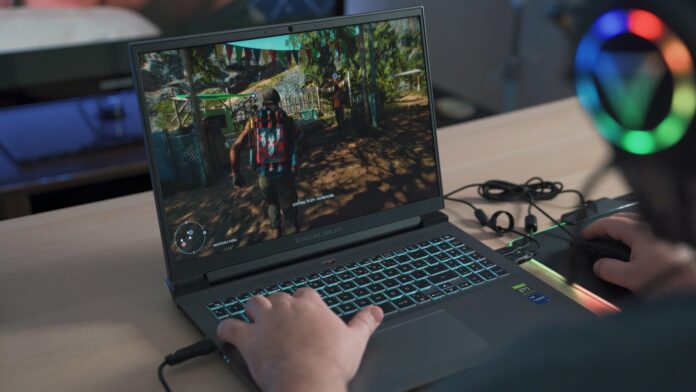Are you considering purchasing an ultra compact PC? There are a few potential issues you should be aware of before making your purchase. In this blog post, we’ll explore some of the potential problems you may encounter with an ultra compact PC.
With this information in hand, you can make a more informed decision about whether or not an ultra compact PC is right for you.
Size: An ultra compact PC is much smaller than a traditional desktop, so make sure you have enough space to accommodate it.
When it comes to mini PC’s, size may be the most important factor to consider before purchasing. An ultra compact PC is much smaller than a traditional desktop computer and can easily fit in even the tightest of spaces. However, don’t go too small; make sure you have enough room to operate it comfortably. If there’s not enough space for all your devices, such as a monitor or keyboard, the mini pc might not be right for you.
Additionally, if you have plans to expand your mini PC with extra accessories (e.g., graphics cards), then leaving some extra space is a must so everything fits nicely. Overall, take measurements of your desired location before buying an ultra compact PC, and never guess when it comes to selecting mini PCs.
Connectivity: With fewer ports and connections, an ultra compact PC might not be able to support all your devices and peripherals.
When looking at an ultra compact PC, it’s important to consider the connections and ports that are available. Will your devices and peripherals all be compatible with the machine? Ultra compact PCs often have fewer ports and connections for you to use and can even require adapters to plug USB devices into more common ports like USB-C.
If you expect to constantly plug in multiple items, like a monitor, keyboard, hard drives, a phone charger, and other accessories, you might want something with more connections available on board so you don’t have to keep plugging and unplugging adapters when switching devices.
Price: While they’re often more affordable than full-sized PCs, ultra compact PCs can still be pricey, so make sure you’re getting the best value for your money.
Before you make the investment in an ultra compact PC, it is worth considering the potential costs involved. While these machines are often more affordable than traditional desktop computers, they can still be expensive, so it is important to ensure that you are getting value for your money.
Do your research and take into account all of the costs associated with buying such a device, such as software and any additional accessories. Once you have considered everything, make sure to shop around for the best price before making a purchase.
Performance: Because of their small size, ultra compact PCs often have less powerful processors and graphics cards, which can affect gaming and other resource-intensive activities.
When considering an ultra compact PC, performance should be at the top of your list. While these devices are small and convenient, they often have less powerful processors and graphics cards than their larger counterparts, which can limit their abilities when it comes to gaming and other processes that require more high-end components.
Be sure to do your research ahead of time to ensure that the performance you are looking for is available in the device so you can avoid any potential frustrations down the line.
Longevity: Since they’re newer technology, it’s unclear how long ultra compact PCs will last before needing to be replaced.
When buying an ultra compact PC, longevity should be a key factor in your decision making process. This is because ultra compact PCs are a relatively new technology with fewer track records and unknowns. How long can these machines actually last before needing to be replaced? Factors such as battery life, the robustness of the internal parts, and whether or not repairs are easily available for when components inevitably fail all come into play.
Ultimately, only time and experience will tell how well these machines can stand up to wear and tear, so it’s something all buyers should keep in the back of their minds before taking the plunge.
As you can see, there are a few potential issues to consider before buying an ultra compact PC. While they offer a lot of advantages, it’s important to make sure you’re aware of the potential downsides before making your purchase. We hope this information has been helpful, and we wish you the best of luck in finding the perfect PC for your needs.











